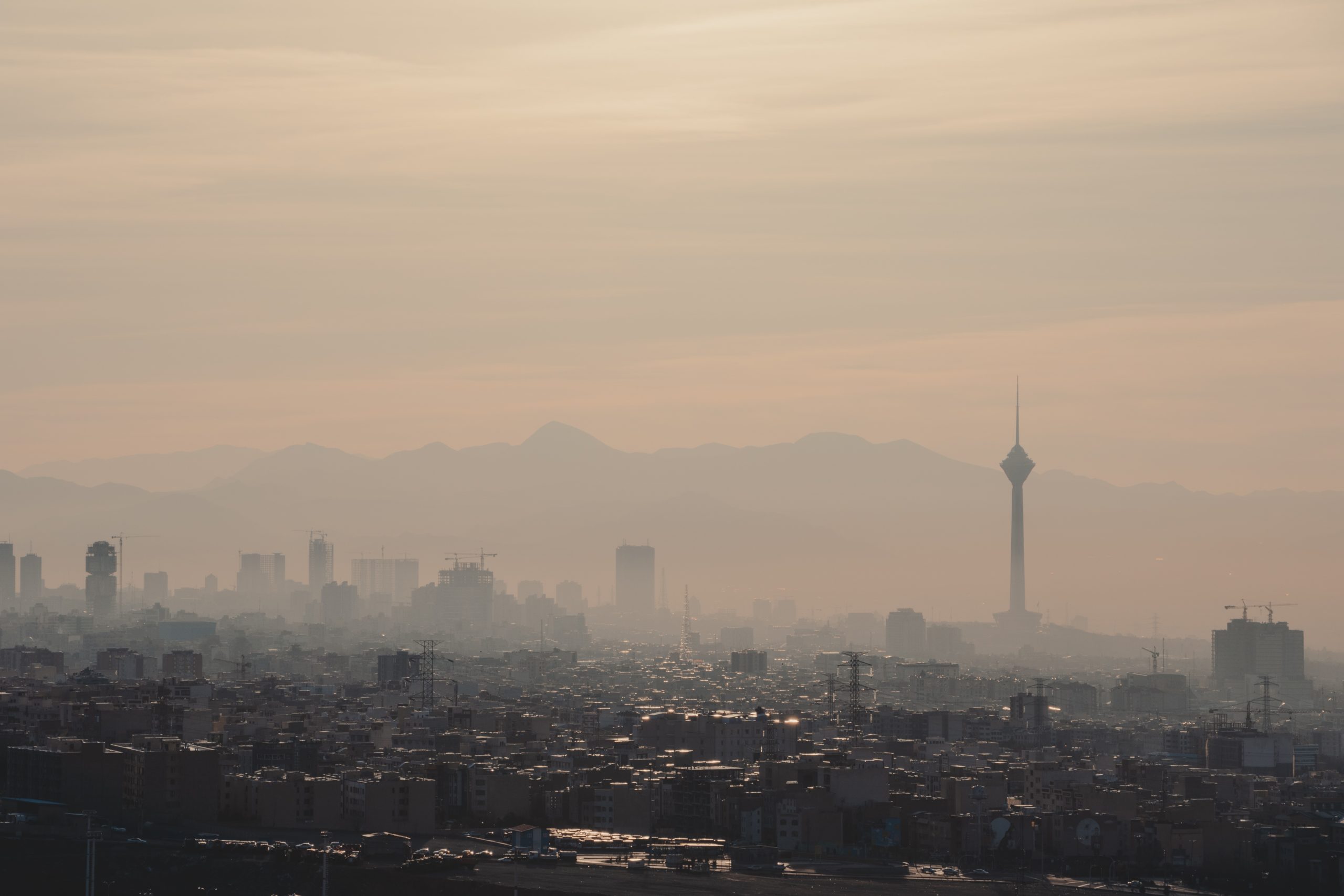National Knowledge Network
[smartslider3 slider=”4″]
Our Mission
The National Knowledge Network has been envisioned as an advisory body of experts working in the field of air pollution from IITs and National Laboratories, as well as regulatory bodies and policy makers. The NKN also has independent members and representatives from NGOs working in this field. The details of the constitution of NKN is available under ‘About NKN’. A repertoire of all predominant faculty/ scientists and Institutes/ National Laboratories working in the extensive field of air pollution have been created under the purview of the NKN, and named as the Institutes of Repute (IoRs). The IoRs represent the knowledge bank and think tank for the country to draw from in dealing with the ongoing challenge of air pollution.
Successful implementation of the NCAP will rely on a robust coordination by a strong knowledge network which will support the NCAP where needed. Institutions of higher learning with strong research expertise in air quality, civil/mechanical engineering, environmental sciences, public health were identified as knowledge partners for State Pollution Control Boards to deliver on the objectives of the NCAP.
Cities
Member Institutes
Knowledge Partners


